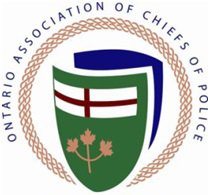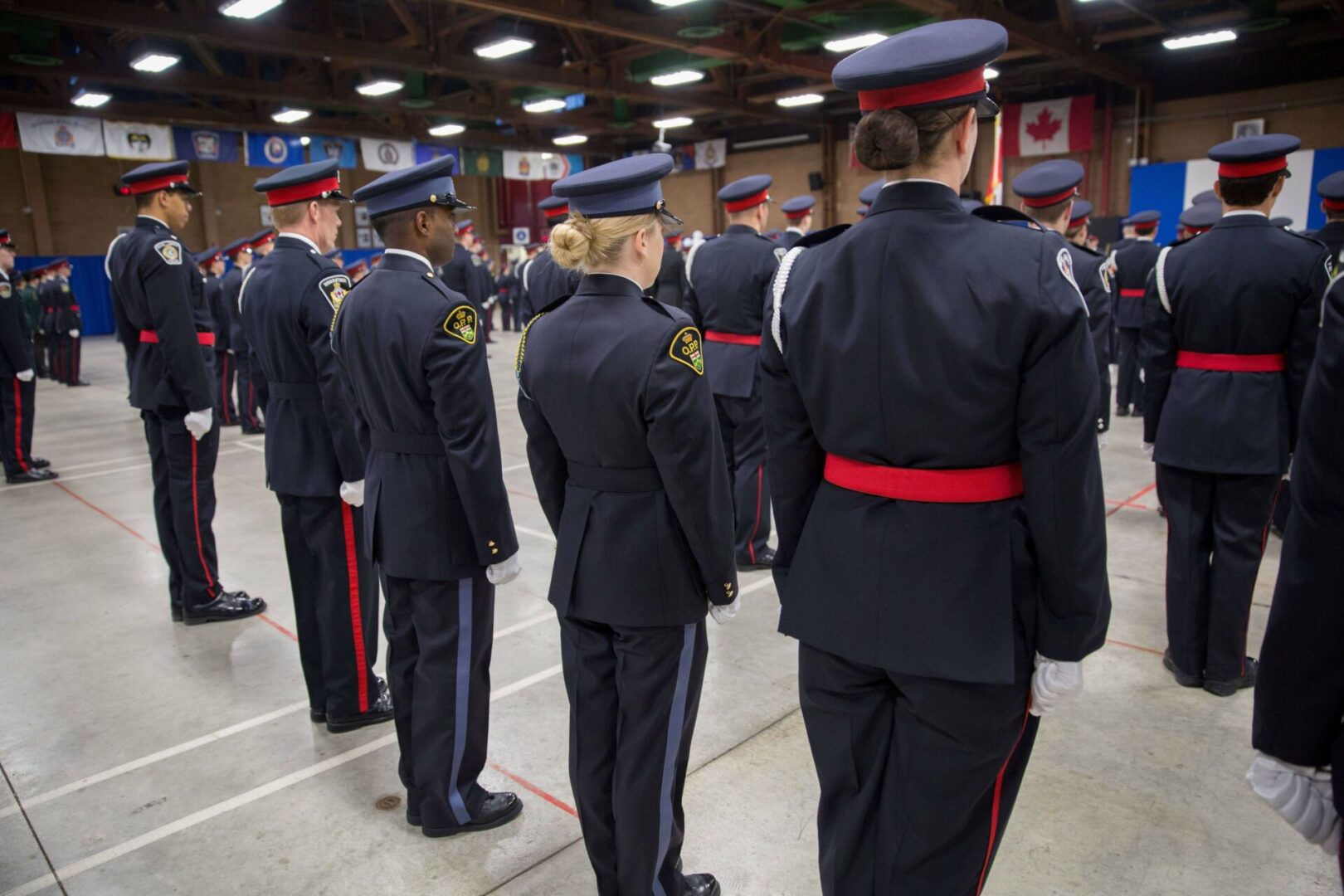Update Bulletin
See here for all recent and upcoming updates regarding the OACP Certificate and Police Recruitment Process in Ontario
Office Closure (October 16, 2025)
October 16, 2025
-
- Please note our office will be closed on Thursday October 16, 2025 as we preparing updates to the OACP Certificate system which are designed to improve efficiency, security, and service delivery. During the period between 10am to 5pm, responses will be delayed, but please rest assured that your inquiry is important to us and will be addressed as soon as possible once the updates are complete. We appreciate your patience and understanding as we work to serve you better. If you have any questions regarding your scheduled testing session with eProctor, please contact them directly at 1-844-595-2561.
Important Notice for Apple MacOS Users
April 9, 2025
-
- Please note that some candidates who conduct the OACP assessment on an Apple Mac computer may not be able to complete the test due to Apple's security system. If you have an Apple Mac, please ensure you follow the instructions within the Part A email notice to prevent any IT issues during your booked assessment time.
Updated Proctoring Environment
January 06, 2025
-
- As of January 6, 2025, the OACP Certificate system will be transitioning to a new proctoring system. This new proctoring system which is facilitated by eProctor Canada, will be a scheduled live-online session with an invigilator. More information will be contained in the email package with guidance and direction.
OACP Certificate Processing Times
Please be advised that the OACP Certificate Process is a versatile online platform that operates based on your individual timing to complete the required steps. Depending on when you wish to submit your forms and complete your online tests, this will dictate processing times to receive your certificate. Here are the key waiting times you need to be aware of:
- After paying the Certificate fee, you can expect to receive your email package within 1 business day.
- When you submit the required documentation to our Forms team, you will receive an email confirmation with a room code with instructions on how to sign up for your examination appointment
- After you have completed your online tests and your proctoring footage has been cleared, you can expect to wait between 7 to 10 business days to receive your certificate.
If you have any questions about processing times, please contact us at [email protected] for more information.
The OACP Certificate Process
Obtain your OACP Certificate in five easy steps!
About the Ontario Association of Chiefs of Police (OACP)
The Ontario Association of Chiefs of Police (OACP) created this website to deliver entry level testing for Police Officers and Special Constables within the Province of Ontario. As the voice of Ontario’s police leaders, the OACP is comprised of policing leaders and executives in Ontario and represents federal, provincial, municipal and First Nations policing services throughout the province. We have developed a testing system that effectively measures an applicant’s abilities and packaged that information so it may be provided to police services for supplementary use. The OACP is committed to providing fair, equitable, and inclusive testing that is aimed at ensuring that police applicants represent the full range of diversity in Ontario and are afforded every opportunity to pursue a policing career.
Wondering About How To Prepare For Our Assessments?
Click the button below to see an in-depth review of the assessments used in our process. This guide also offers study tips to help you prepare.
Considering a Career in Policing?
Policing as a profession is one of the most demanding yet rewarding careers in the world. As a police officer in Ontario, you will be given responsibility for public safety, the protection of property, and the maintenance of societal order. Your duties will include but not be limited to:
- Preserving the peace
- Preventing crimes and assisting others in prevention
- Assisting victims of crime
- Apprehending and charging offenders and executing warrants
- Building trust and positive relationships with our communities
- Commitment to further developing and maintain those relationships with the community
A Police Officer is required to work various shifts that provide 24-hour service, 365 days of the year, including weekends and statutory holidays. Ontario residents and visitors, represent the full spectrum of diverse social identifies. Thus, police officers in our province must not only possess cultural knowledge, but also consistently demonstrate cultural competencies that will allow them to provide fair and equitable community safety. The ability of police officers to serve with distinction, given all the challenges of a dynamic society, is one of the many reasons that Canada is among the best places to live and work in. To find out more, please see our “Become a Police Officer” page.
Special Constable and Other Justice Practitioners
Special Constables and Justice Practitioners working in related justice fields are very important to public safety and community well-being in Ontario. The OACP has partnered with other justice agencies to offer the OACP Certificate to assess suitability of applicants in related justice professions.
Accessibility/Accommodations
The OACP in all its services is committed to full compliance with the Ontario Human Rights Code. Accordingly, we are prepared to provide support and alternatives that address the accessibility and accommodation needs of any police or special constable applicant. Should you require accessibility support or have an accommodation need, please contact us via email at: [email protected]






